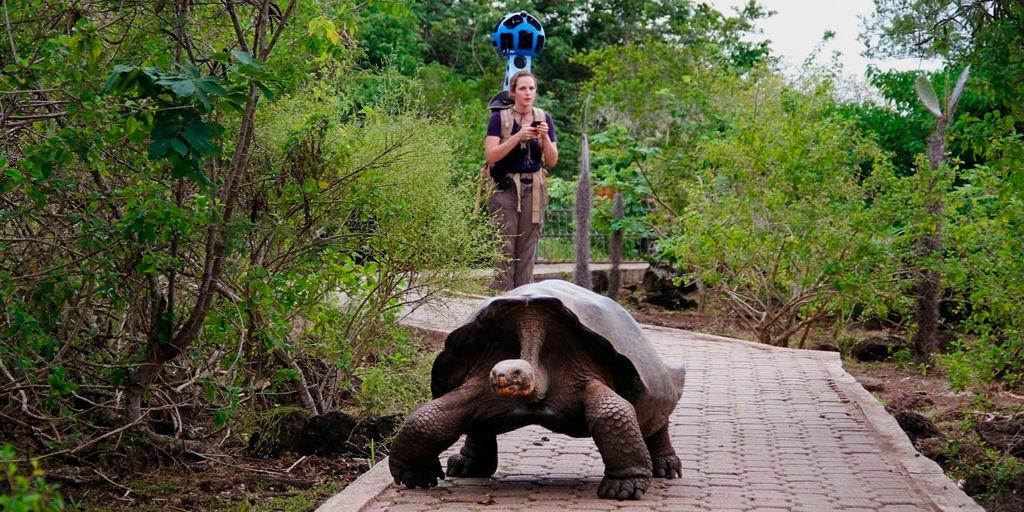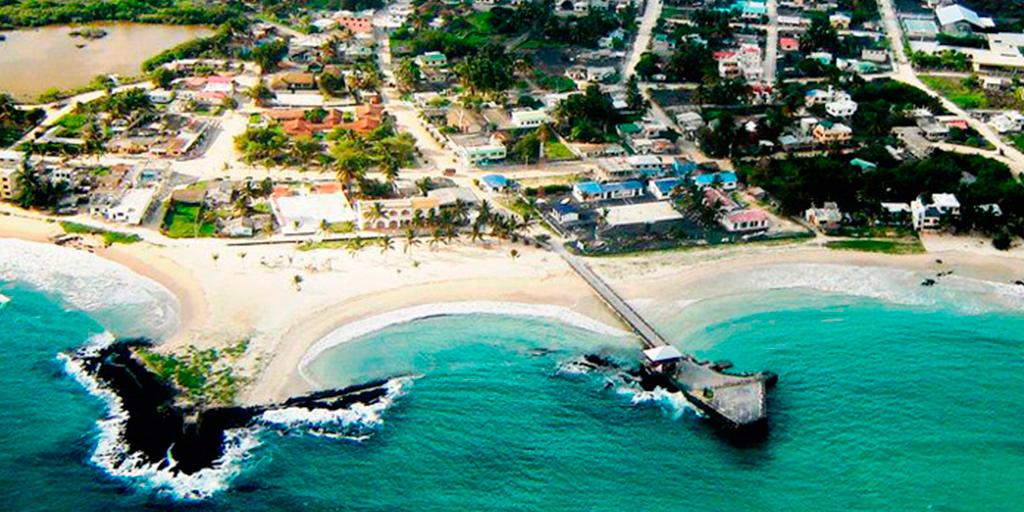The Galapagos Islands. Are within the Nazca plate, one of the many tectonic plates that form the earth, the same underwater volcanoes that form the same ridges that form the highest peaks where they break the ocean surface and became in the several islands that make up this archipelago. This natural diversity makes the submarine level in a resource-rich in species and habitats that are exposed to ocean currents that circulate here. These unique resources have given the Islands an unprecedented relevance. Its marine biodiversity and water sustains life in both the ocean and on land. The attractions that we see in national parks visits come directly from the sea. The sea birds, for example, lay their eggs and rest on land, but feed at sea. The same activity is applied in sea lions, marine iguanas, and even plants in coastal areas that depend on healthy marine environment. It was important to include the marine ecosystem management level within their protected areas in Ecuador. In 1986 he pled to this resource as a protected area, and became a Marine Reserve in 1998 was declared by UNESCO as Natural Heritage of Humanity. The Galapagos islands is considered reserve as one of the biggest in the world with an area of 138,000 km2 of the Pacific Ocean and 40 miles calculated peripheral geographic points of the islands. Today is the second largest marine reserve after the Great Barrier Reef in Australia and the largest in America. Having a place like this on our planet is a rare privilege. This natural resource includes about 3000 species, with 18% of own species. For the explorers of the islands attractions on land are a fascination to see since they had seen a documentary or an article. The images on these options represent our famous Galapagos Islands, but
The Galapagos Islands. Are within the Nazca plate, one of the many tectonic plates that form the earth, the same underwater volcanoes that form the same ridges that form the highest peaks where they break the ocean surface and became in the several islands that make up this archipelago. This




